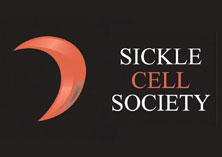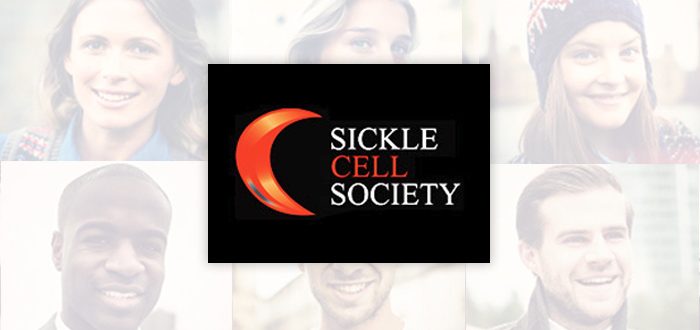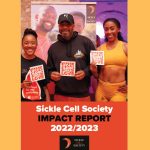This is a report on external research. It is not endorsed by the Sickle Cell Society and does not form part of our Information Standard-accredited information
One of the drugs used in the treatment of Sickle Cell Disease is Hydroxyurea. This drug is unlicensed in the UK. Below mentioned are the reasons why medicines are licensed and why some useful medicines do not have licences.
Why are medicines ‘licensed’?
The makers of medicines must ask the government for a ‘Product Licence’ if they want to sell their medicines in the UK. They show the government’s Medicines Control Agency that their medicine works for the illnesses to be treated, does not have too many side effects or risks and has been made to a high standard.
How do the makers test medicines?
To be sure that a medicine works and is safe the maker has to try it first on a small number of people in what is called a ‘clinical trial’. Information from clinical trials is given to the Medicines Control Agency when the maker asks for a Product Licence.
Why don’t all medicines have a licence?
There are several reasons why some medicines are used for illnesses or conditions not covered by their licence and why some medicines have no licence at all. Sometimes the clinical trial (and Product Licence) is for one illness but doctors find that the medicines works as well for another illness. Sometimes the patients in the clinical trial may have been adults but doctors find that the medicines works well for children too. These doctors use medicines for reasons or ages that are not given in the Product Licence.
Some medicines have no licence at all. These may be some liquid medicines that children can take easily and medicines used for rare illnesses. It may be too expensive or there may not be enough children with that disease to have a clinical trial. Sometimes it may not be worth their while for makers to test and produce specific medicines for children.
How do I know that these medicines are safe and will work?
This medicine will have been recommended by another doctor who is an expert or your own doctor will have read information that says it is the best one for you. Your pharmacist is trained to make medicines and if you need a special medicine will make sure that it is well made and will work properly.
How will I know that my medicine is not licensed?
Your doctor or pharmacist may tell you or when you read the information leaflet with the medicine you may notice that the information is not quite ‘right’ or does not refer to children. The leaflet may not talk about your particular illness or condition or it may say that the medicine should not be used for your age.
Unlicensed medicines may be made specially or may be more difficult to obtain. Your pharmacist may tell you this and make special arrangements for you to get your medicine.
Should I be worried about taking these medicines?
Doctors and pharmacists caring for children have a lot of experience with the medicines used for children whether the medicines are licensed or not. If you are still worried after reading this article, please talk to your doctor or pharmacist. They are looking after you and have carefully thought about the best medicine for you.
What if I don’t want to take unlicensed medicines?
Talk about it with your doctor (or pharmacist) and tell them what you are worried about. They can tell you more from the instructions or advice that they have about the medicine. They can also tell you about all the treatment available and why they think this is the best one.
Can I get more information about my unlicensed medicine?
Your pharmacist may have made a special information leaflet about your medicine or illness. Please ask. Contact other support groups for children with particular illnesses or conditions. If you are a member you could talk to someone from the group. If you are not a member or don’t know if there is a group, ask your doctor, or pharmacist for more information.
I’m confused, what should I do?
Doctors and pharmacists who work with children have written a book called ‘Medicines for Children’. As well as asking about these licensed medicines used for children it also talks about most of the unlicensed medicines.





